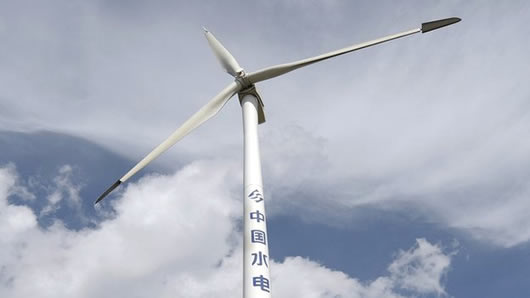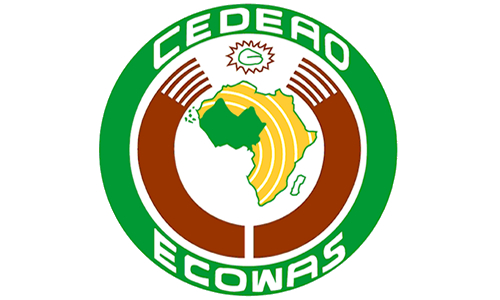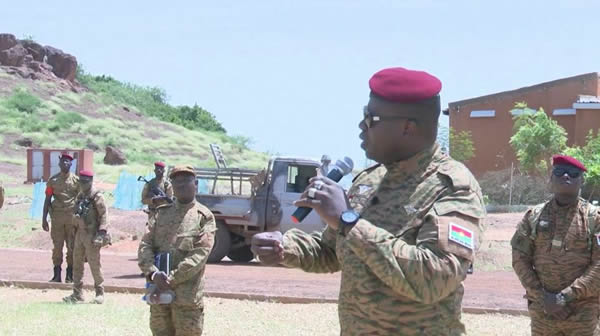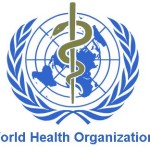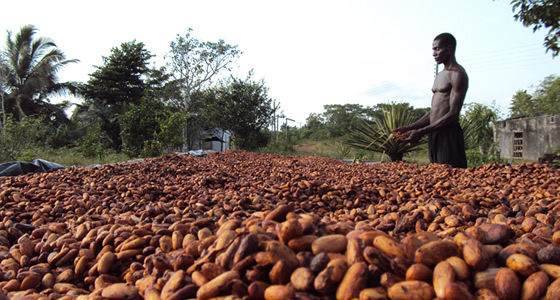 The United Nations Development Programme (UNDP), under its five year project to mitigate the effects of climate change in the country’s cocoa landscape, has in the past two years supplied 800,000 economic tree seedlings to more than 6,000 farmers in growing areas of the cash crop.
The United Nations Development Programme (UNDP), under its five year project to mitigate the effects of climate change in the country’s cocoa landscape, has in the past two years supplied 800,000 economic tree seedlings to more than 6,000 farmers in growing areas of the cash crop.
The project named the “Environment Sustainability and Policy for Cocoa Production in Ghana Project (ESP)”, is being implemented in 36 communities with the distribution of local species of Mahogany and Ofram to the farmers to promote environmental sustainability production practices in cocoa growing sites, through biodiversity conservation.
The Ghana Cocoa Board (COCOBOD), is the main implementer of the project, with additional support from the Mondelez International’s Cocoa Life Programme.
Dr Augustus Asamoah, the Forestry Management and Conservation Specialist of the ESP project, disclosed this at the inauguration of the Ayum-Asuokow Community Resource Management Area (CREMA) at Ampenkrom in the Asunafo North Municipality of Brong-Ahafo Region.
He said 250,000 farmers in the area alone, had been supplied with the economic tree seedlings to help increase shade trees on cocoa farms and enhance carbon stocks across the cocoa landscapes.
Ayum-Asuokow said an operational area of 21,574 hectares of land in that area, has been established to support sustainable management of forest and natural resources in the area.
“It is an initiative of the Wildlife Division of the Forestry Commission through which the authority to manage the forest and wildlife resources of an area is devolved to communities, land owners and users”, Dr. Asamoah explained.
He emphasised the need for closer collaboration between the private sector and the responsible government agencies to bring about sustainable production and biodiversity conservation, especially in the cocoa producing areas.
Dr Asamoah appealed to traditional rulers to lead the crusade against deforestation and climate change by using their powers to fight illegal lumbering and mining as well as the destruction of river bodies.
Nana Kwame Asamoah the Second, the Chief of Ampenkrom said radical approach was required to control the rapid depletion of the forest in the area.
He explained that because illegal loggers wielded arms and offensive materials, it was difficult for forest guards to bring the situation under control.
Nana Asamoah expressed concern about annual bush and wildfires in the area which were also causing huge devastating effects on the natural and forest resources.
Mr. Daniel Amponsah, the Chairman of CREMA, appealed for support especially from security agencies and the Municipal Assembly to enable them arrest deforestation in the area.
Source: GNA



